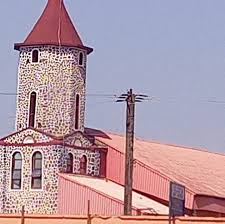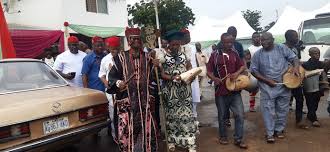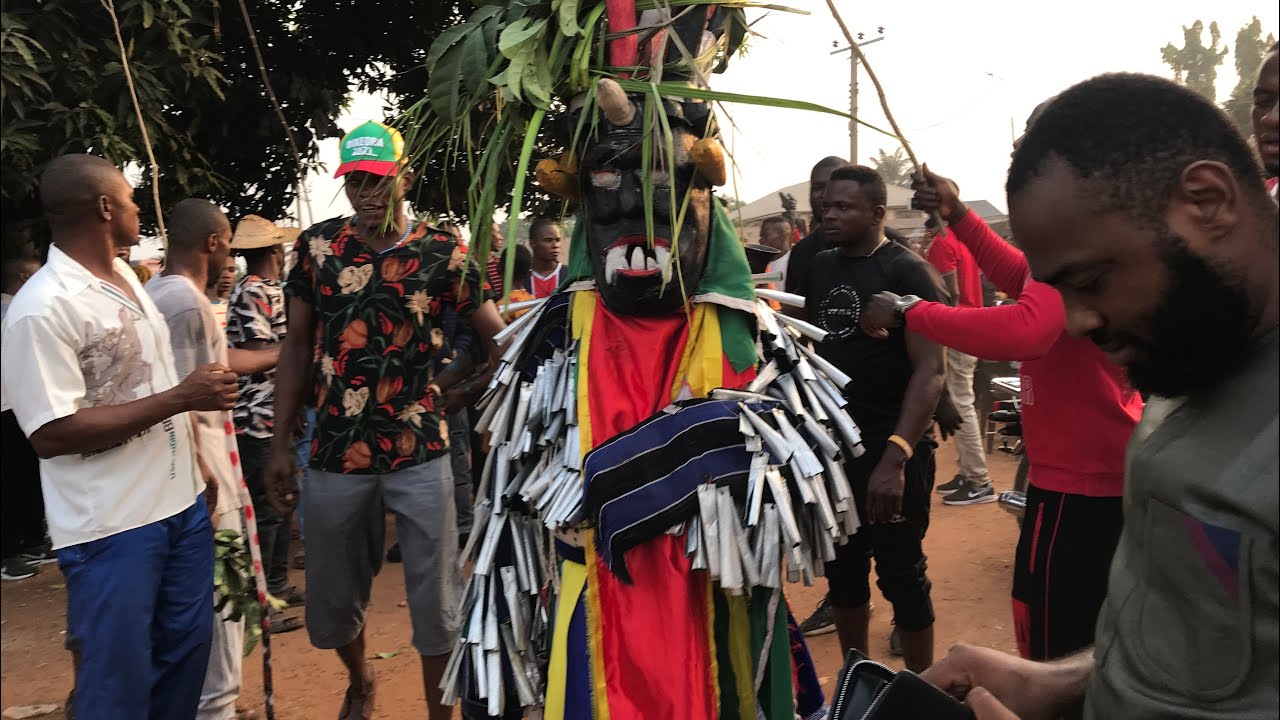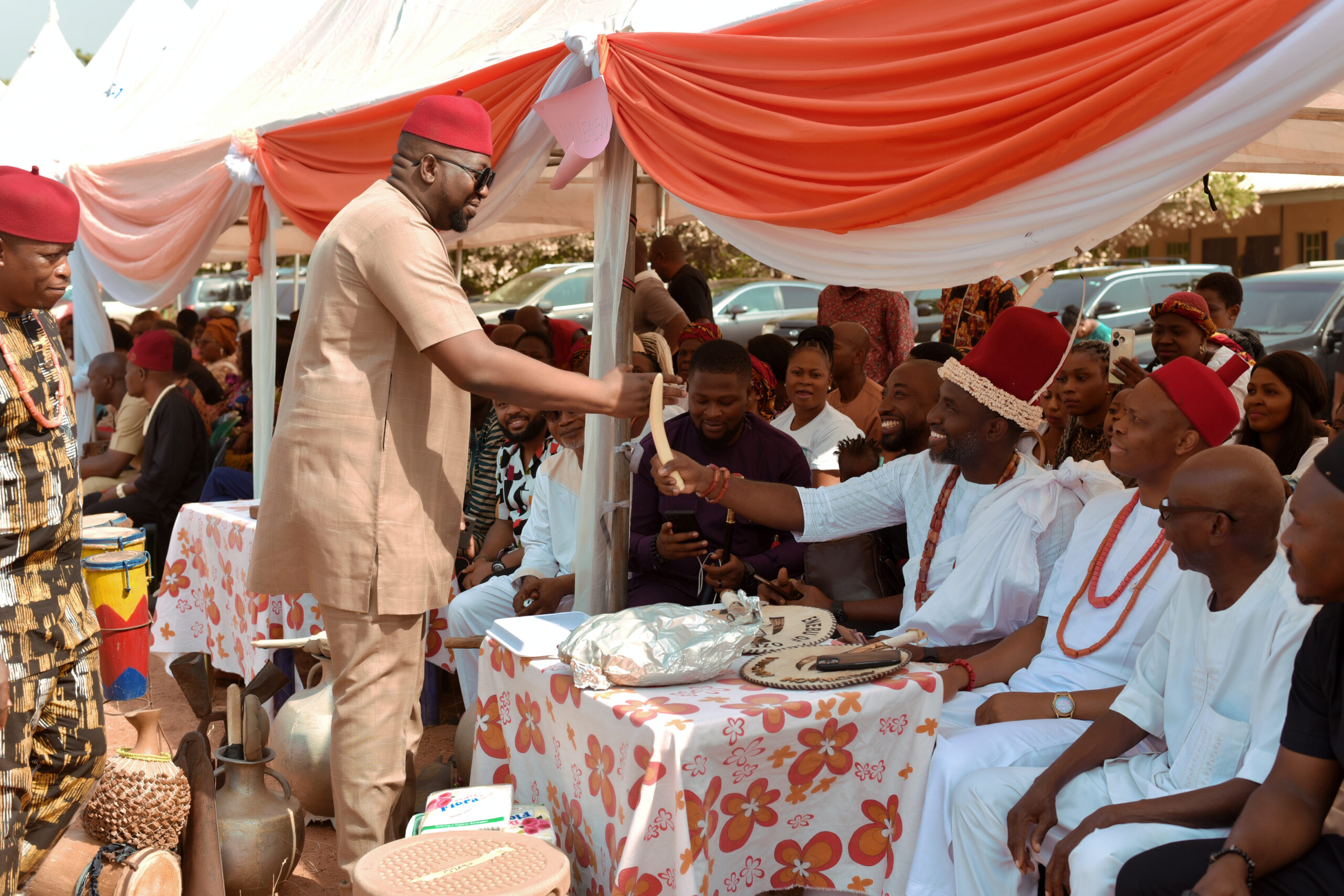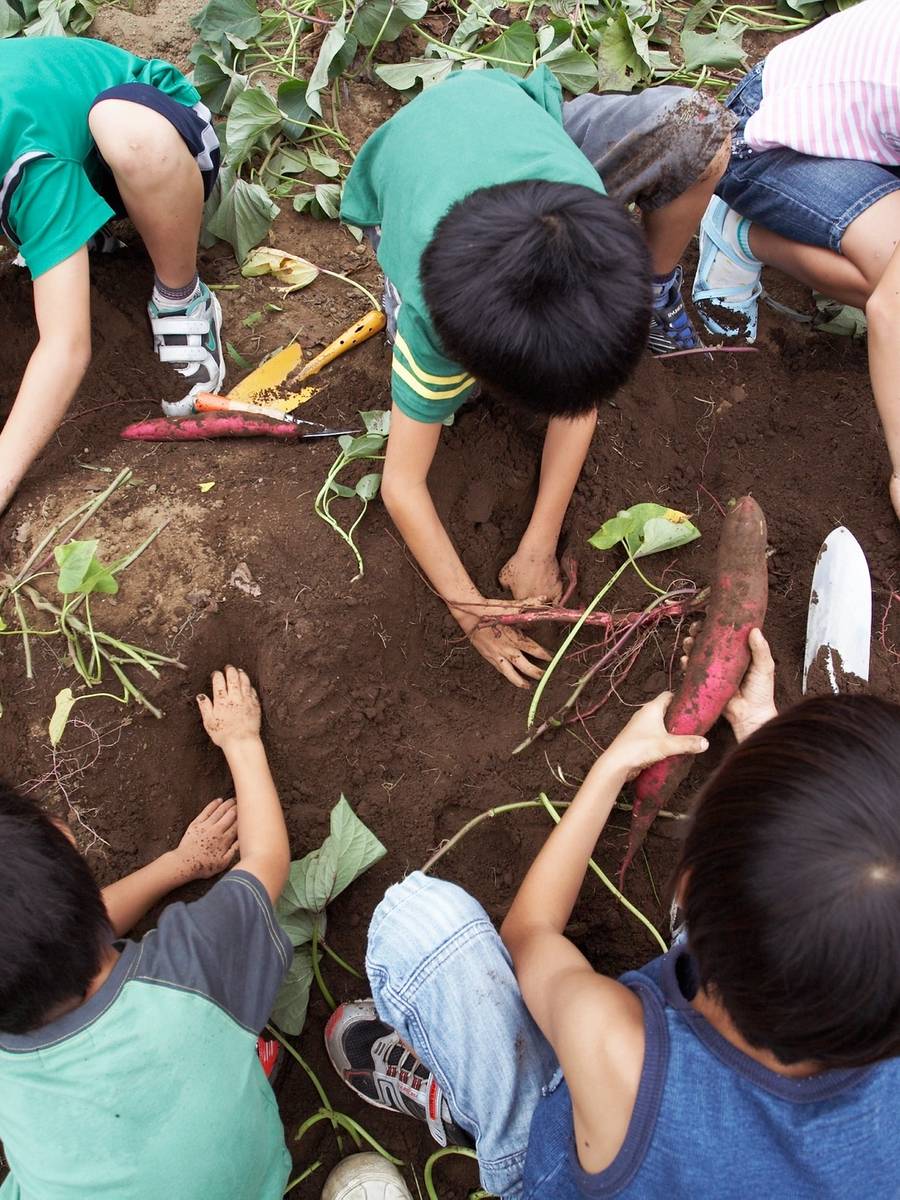Our Goals
Our Mission
Our Vision
Our Stories
The Origin of Education in Ufuma: A Journey Through Knowledge and Progress
Education in Ufuma, a community in Orumba North Local Government Area of Anambra State, Nigeria, has evolved from traditional knowledge systems to formal Western-style education. The journey reflects the community’s resilience, adaptability, and commitment to growth and development.

Education in Ufuma, a community in Orumba North Local Government Area of Anambra State, Nigeria, has evolved from traditional knowledge systems to formal Western-style education. The journey reflects the community’s resilience, adaptability, and commitment to growth and development.
Pre-Colonial Education in Ufuma
Before the introduction of Western education, Ufuma had its own indigenous knowledge system. This traditional form of education was informal and centered around teaching practical skills, values, and societal norms. Elders served as custodians of knowledge, imparting lessons on farming, hunting, craftsmanship, storytelling, and moral principles to younger generations.
The age-grade system was a significant platform for this education, preparing youths for leadership, community service, and adulthood responsibilities.
Introduction of Western Education
The advent of Christian missionaries in Igbo land during the late 19th and early 20th centuries marked a turning point in education. Missionaries, such as the Roman Catholic Church and the Anglican Communion, established schools in many parts of Anambra State, including Ufuma. These schools were often built alongside churches, using education as a tool to spread Christianity and modern literacy.
One of the earliest formal schools in Ufuma was established through the efforts of community leaders and missionaries who recognized the importance of literacy and formal education. The schools provided basic education in reading, writing, arithmetic, and religious studies, laying the foundation for future generations.
Expansion of Educational Institutions
As the value of education became evident, the community of Ufuma embraced it wholeheartedly. Parents encouraged their children to attend school, seeing education as a pathway to improved livelihoods and societal advancement. Over time, Ufuma witnessed the growth of educational institutions, including primary and secondary schools.
These schools not only educated Ufuma’s children but also attracted students from neighboring communities, establishing Ufuma as a hub for learning in the region.
Contemporary Education in Ufuma
Today, Ufuma boasts several primary and secondary schools, as well as access to tertiary education in nearby cities. Many indigenes of Ufuma have excelled in academics and professional fields, contributing significantly to the development of their community and beyond. Efforts to improve educational infrastructure and provide scholarships continue, driven by government initiatives, community associations, and private individuals.
Impact of Education on Ufuma
Education has transformed Ufuma into a community rich in intellectual and human resources. It has produced professionals in fields such as law, medicine, engineering, teaching, and entrepreneurship, who are making an impact both locally and globally. Moreover, education has fostered unity, progressive thinking, and a commitment to the socio-economic growth of Ufuma.
Conclusion
The journey of education in Ufuma is a testament to the community’s dedication to progress and development. From its roots in traditional knowledge to the embrace of formal schooling, Ufuma’s story of education underscores the transformative power of learning. With continuous investments in education, Ufuma remains poised to inspire future generations and uphold its legacy of knowledge and excellence.

